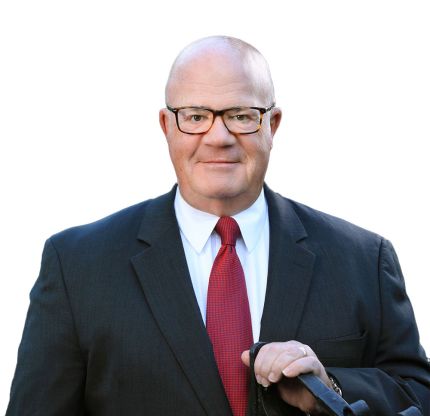
How to Create a 60 Second Elevator Speech
Marketing experts tell us that we should be able to express our unique selling proposition (USP) in such a compelling way in less than 60 seconds that the hearer will ask to know more. Here is great two step way to do that.
Purpose: Create interest and dialogue about what you do and the value you offer
Step One: Create a Problem
Begin by pretending you have been asked, “what do you do?” Your first order of business must be to cause your audience to experience emotionally the need for your product. You do that by creating in their imagination a problem. So, instead of reciting your title or your daily duties or job description ALWAYS BEGIN WITH: “Well, you know how…”. For instance, I am a business consultant. My elevator speech begins with:
“Ya know how sometimes we get ourselves into situations and nothing we do seems to work to get us out?
I am also a writer so sometimes I say:
“Ya know how as a small business owner our business environment is changing so fast that every time you think you have an answer the question has changed?”
If I were a funeral director my opening line would be:
“Ya know how when someone dies people are often confused, don’t know what to do or say or where to go and sometimes feel very vulnerable?”
Clearly, the purpose here is to create curiosity and interest as well as a deep unconscious emotional connection.
Step Two: Solve the problem
Having created a problem the second step is simple: solve the problem.
In my consulting practice I say:
“Ya know how sometimes we get ourselves into situations and nothing we do seems to work to get us out? Well, I have the unique ability to quickly see what needs to be done, separate it from the ‘rabbit trails’ and create a strategy for success. I help business owners build long term profitability and sustainable success without throwing the baby out with the bathwater.”
As a writer I say:
“Ya know how as a small business owner our business environment is changing so fast that every time you think you have an answer the question has changed? Well, I dig deep to see what is really happening clarify what is important and what is not and help people prioritize and implement best practices that enable businesses to adapt more rapidly and effectively.”
As a funeral director I would say:
“Ya know how when someone dies people are often confused, don’t know what to do or say or where to go and sometimes feel very vulnerable? Well, I use my training and experience to bring order out of chaos and help people figure out what they want and need to do within what they can realistically afford so that there are no regrets and lives are honored in fitting ways.”
That’s it: Create a problem, solve the problem. Stop talking let them ask for more. It’s a 60 SECOND speech. Not a 60 MINUTE speech. If they want to know more oblige them if not, move on. You want a dialogue that will build a relationship not a monologue where you are trying to persuade.
Now, dear reader, why don’t you give it a try and share it in the comments section. I’ll be glad to give you feedback.
Our Blogging Expert

Business Consultant / Owner
Popular Articles
